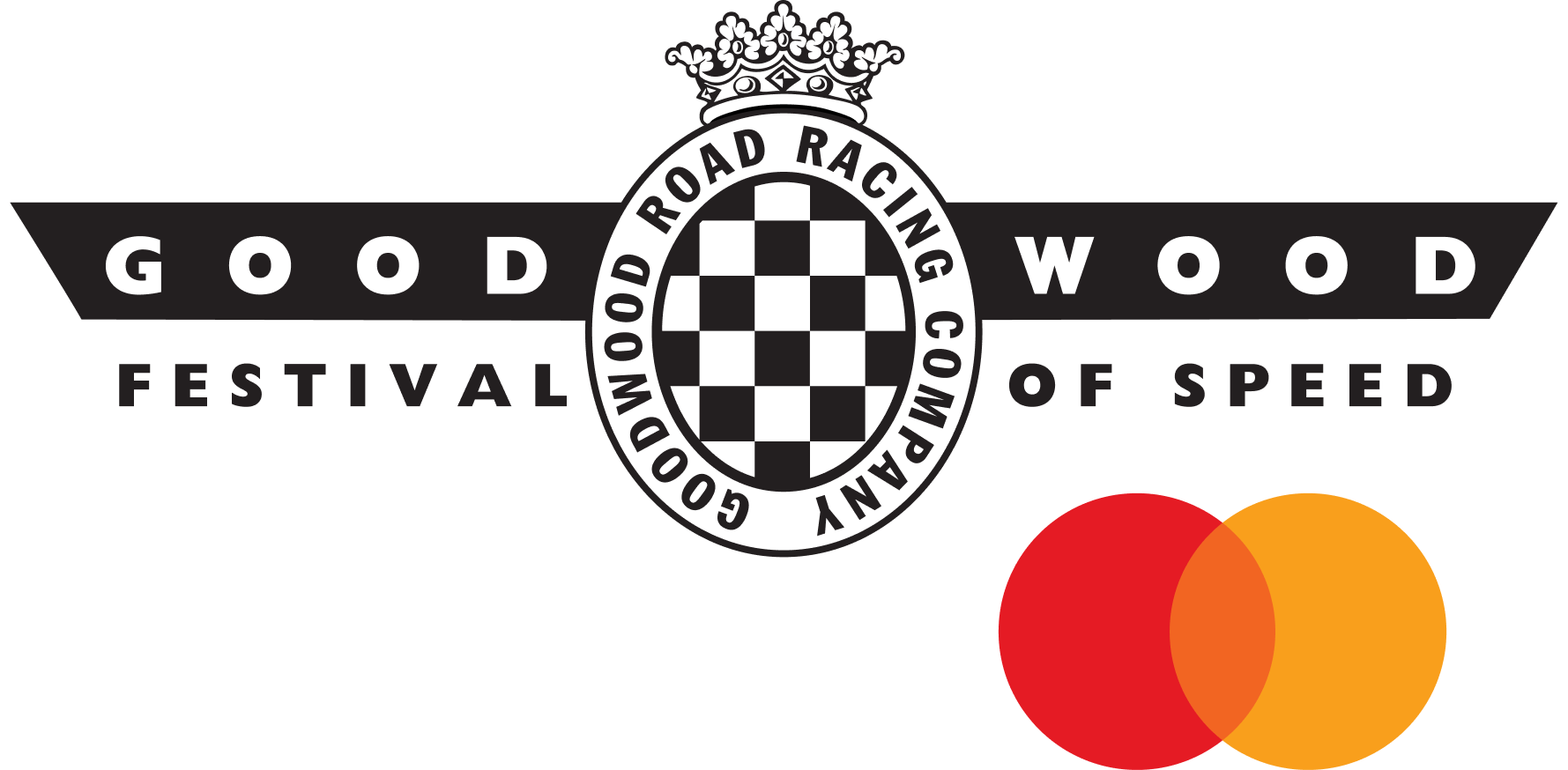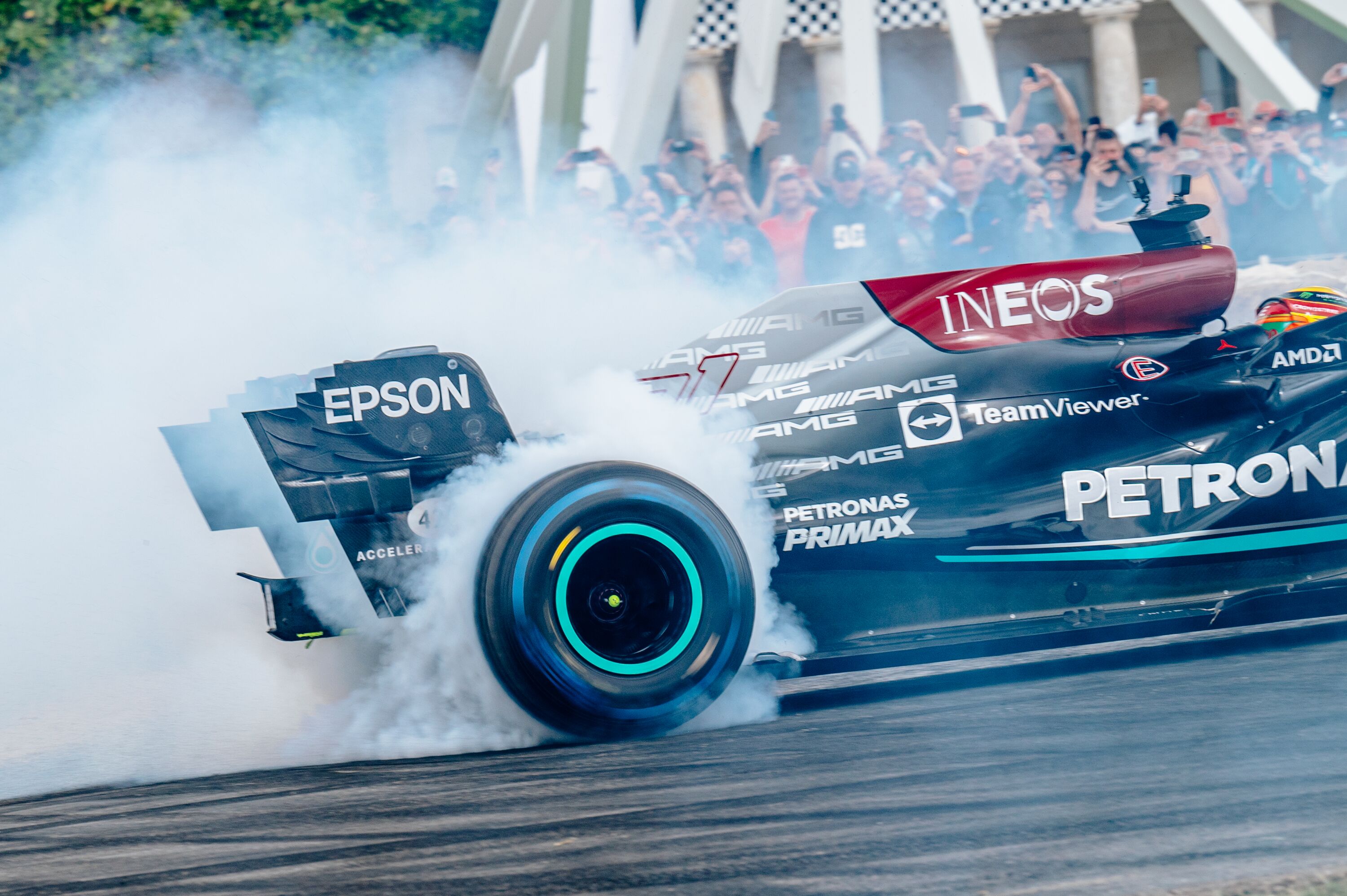The 10 best BMW M cars ever
BMWs have always had a reputation for driving better than the mainstream competition, but what if you want the performance to take on genuine sports cars? That’s where BMW M – or Motorsport – comes in, adding power and drivetrain upgrades that take BMW’s saloons, coupés and estates several rungs up the performance ladder.
But what are the best M models ever made? The depth of competition turns that question into a poison chalice because choosing the best M cars from a ten-car limit is bound to upset someone. As it is, you’ll find no old M2 CS or current M2 here, an example of just two high-end scalps that don’t make the cut. What can be guaranteed, though, is that none of these cars will disappoint as ambassadors for the brand – these are the ten best M cars ever.

BMW E46 M3 CSL
The BMW E46 M3 occupies an M Sport hinterland many of its compatriots fail to reach thanks to a nigh-on-perfect combination of looks, performance and everyday usability, and the CSL model distils these attributes.
Tipping the scales at 1,385kg (110kg less than the standard M3), the CSL gets the M3’s engines with new valves, cams and – most importantly of all – a carbon-fibre airbox that gives the motor a spine-tingling metallic scream that’s completely unique. All that increased the power by 17PS (13kW) to 360PS (265kW), getting the CSL from 0-62mph in 4.5 seconds. Even the CSL’s only downside, its clunky SMG II transmission, isn’t the problem it used to be with manual swaps a common upgrade. The CSL could claim to be the best M car ever built in that combination.

BMW M3 Touring
BMW’s M cars have a hard-won reputation for being more driver-focussed than rivals from the likes of the Mercedes AMG and Audi RS. But, as everyday cars, the M machines have fallen short, lacking the lazy overtaking power of an AMG, the four-wheel-drive assurance of an RS or the practical estate bodies of its rivals.
But you can forget all that with the new M3 Touring. Quite obviously, it’s an estate which means even your dog can join you and the fam’ for a hair-raising lap of the Nürburgring. Meanwhile, the M3’s twin-turbochargers give it AMG oomph, and xDrive four-wheel drive gives quattro-rivalling traction. Yet, despite its turbos and four-wheel drive, the M3 remains just as engaging as its fabulous predecessors.

BMW M1
The BMW M1 has to be here. What was intended to be a racing car through and through turned out to be a well-hewn and dynamically rewarding supercar, showing buyers it was possible for such exotica to perform reliably.
Its 3.5-litre 277PS (204kW) straight-six was a honey of an engine and the M1 was as sweet to potter around town in as it was to dispatch your local mountain road. Typically, it made no money due to being quite expensive and never actually got to race due to rule changes, but BMW had been bitten.

BMW M5 (E28)
The first bonafide production M car as we know it was the E28 M5. Weighing just 1,431kg and spanning 4,600mm in length and 1,700mm in width, the E28 was as featherweight as it was slight in proportions, compared to the two-tonne monster we have today. Its 286PS (210kW) 3.5-litre straight-six was a derivation of the unit used in the M1 supercar, with a splash more power.
This M5 did next to nothing to shout about its performance potential or its flagship status in the 5 Series line-up. The only telltales? A bootlip spoiler, a bit of a chin up front, sporty BBS-style wheels and a smattering of M5 badging. In today’s market, the original M5 would be very out of place, an antithesis to excess and bad attitude. Sounds perfect to us.

BMW M3 (E30)
In the beginning, the BMW M3 was a means to a couple of ends: first, to beat Mercedes to the punch in weaponising the potential brand value of a performance flagship and second, to beat Mercedes on the racetrack. The E30 M3 is BMW Motorsport’s original homologation special and of all the M cars, the closest in relation to its racing cousins.
It’s the most successful touring car of all time, in fact. While later straight-six cars are sweeter than the harsh S14 four-pot and on-road driving dynamics have improved in the years since, the original M3 has an almost implied place on any best M car list.

BMW M5 (E39)
When the E39 BMW M5 appeared in 1998, it was little short of a revelation. Its 4.9-litre 400PS (294kW) V8 embarrassed supercars of the day, its dimensions and styling the perfect blend of subtle and sinister, its chassis and dynamics deftly honed.
To this day the E39 is seen by many as the definition of the ‘goldilocks zone’ for fast executive cars, that no M5 or indeed no M car, has since beaten. It’s no wonder this 180mph-plus rocketship is a darling of the modern classic classifieds today, its place even as a top five M car all but assured.

BMW M3 CRT (E90)
With the E92 generation M3, the sloppy SMG was replaced by the razor-sharp DCT twin-clutch. The straight-six was out in favour of a howling 4.0-litre V8 but weight and size were up too. The E92 was far from perfect, with that highly-strung V8 lacking the low-down punch to make what was a heavier, larger M3 feel as fast as it should. This is BMW M, though. Special versions are here to raise the game, as did one of the least well-known M cars and we think one of the best.
Meet the M3 CRT, a four-door special of which just 67 were made, packing the upgraded 4.4-litre 440PS (331kW) V8 from the M3 GTS, and a 68kg weight saving, while still retaining the luxuries expected of what was not an inherently track-focused model. The perfect all-rounder? Save for what remain high prices on such an exclusive model and maintenance costs of that V8, quite possibly.

BMW M5 Touring (E61)
The E60 generation BMW M5 is a flawed car. Lumbered with a sluggish SMG gearbox, gawky styling, a heavy thirsty motor and a tiny fuel tank from which to feed it, what’s it even doing here?
Well, that engine happens to be a 5.0-litre V10 producing 507PS (373kW) and if you so chose, you could have it in an estate body. Don’t get us wrong, for all its flaws the E60 had that M dynamic magic but it takes the specialness of the Touring, of which there is one for every four saloons, to bag it a place on this list. We’d even sacrifice that potential 200mph top speed of the saloon in favour of the load-lugger.

BMW M5 CS
Just the one bang to go out on is for the BMW bods, not quite enough. Of all the models to craft one of its best driver’s cars out of in recent memory, the M5 is an unlikely candidate. But by most accounts they've done the impossible with the M5 CS – it’s a classic example of the whole entirely outshining the sum of the parts.
Take the M5 Competition, a competent and devastatingly fast if not inspiring super saloon, drop 70kg via some carbon bits, reduced sound deadening, forged wheels and a stainless exhaust. Then tune the new dampers, lower suspension and anti-roll bars. Then revise the engine with new turbos and better oiling, for 635PS (467kW). The result is a car that many claim is a night and day revolution over the car on which it’s based and the best M5 in generations. That it doesn’t wear its aggression quite so on its sleeve stylistically compared to rivals, channelling that original M5 subtlety, sits very well with us, too.

BMW M3 xDrive
Behind that toothy snout, the controversial-looking G80 BMW M3 has turned out to be a far better-resolved performance car than the F80 generation that preceded it, by most accounts. All that turbocharged torque is met with a chassis that can handle it, presenting a balanced rather than scary driving experience. Still, that twin-turbo six is a meaty machine even in the new car, which is where BMW’s latest xDrive system comes in. It’s part of what makes the M5 above a boon and part of why many are saying they prefer the M3 that sends power to all wheels.
The M3 xDrive is getting praise from all sides for how it handles that tower of performance and how the powered front wheels only add to the experience. Yes, it’s heavier, and yes, it’s bigger, but it seems the M3 has evolved into quite the all-round package. It couldn’t be more different from the original we mentioned earlier and yet the new M3 xDrive is proving to be a frontrunner as an all-time great M car.
BMW
M3
M2
M5
M1
1 Series
List
road
news
































































